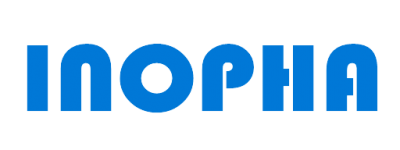While actively preventing cardiovascular diseases, we should also pay attention to the side effects of adverse drug reactions on the heart. Here are 9 Types of Drugs that Increase Heart Risk.
- Sedative and hypnotic drugs. These drugs will cause damage to heart and will be harmful to circulatory system if been taken for a long time or in large doses.
- Antidepressants, such as imipramine, clomipramine, doxepin. These drugs have a toxic effect on the conduction system of the heart. It might can cause arrhythmia and conduction block to elderly patients.
- Anti-shock drugs, such as epinephrine, norepinephrine, dopamine, ephedrine hydrochloride, etc. This type of medicine are with high toxic effect on the heart and will cause arrhythmia, tachycardia, and induce angina pectoris.
- Antihypertensive drugs,such as hydralazine hydrochloride, guanethidine sulfate, reserpine, methyldopa, guanidine sulfate, etc. These drugs can easily cause bradycardia, palpitations and orthostatic hypotension, especially pyridazine drugs, which can increase heart rate and induce angina and heart failure.
- Vasodilators(Vascular smooth muscle relaxants), such as dihydralazine, dibazole, etc. These drugs can easily cause coronary artery spasm, especially in elderly patients who have angina pectoris, myocardial ischemia, and hypoxia, which can aggravate angina pectoris and myocardial ischemia.
- Anti-asthmatic drugs, such as aminophylline, ephedrine etc. Anti-asthmatic drugs can cause excessive excitement of the myocardium and cause palpitations, tachycardia, and sudden drops in blood pressure.
- Smooth muscle, striated muscle stimulants, such as amine chloride, formylcholine, galantamine, etc. Such drugs are toxic to the heart which will cause bradycardia, arrhythmia, conduction block, and can also cause atrioventricular block.
- Central stimulants, such as lobeline hydrochloride, imipramine hydrochloride and so on. Large doses can cause bradycardia, conduction block, respiratory depression, and myocardial damage.
- Anticholinergic drugs, such as atropine sulfate injection, belladonna tincture, etc. Anticholinergic drugs are related to excessive doses, which might cause tachycardia, palpitations, and hallucinations, delirium or coma in severe cases.
